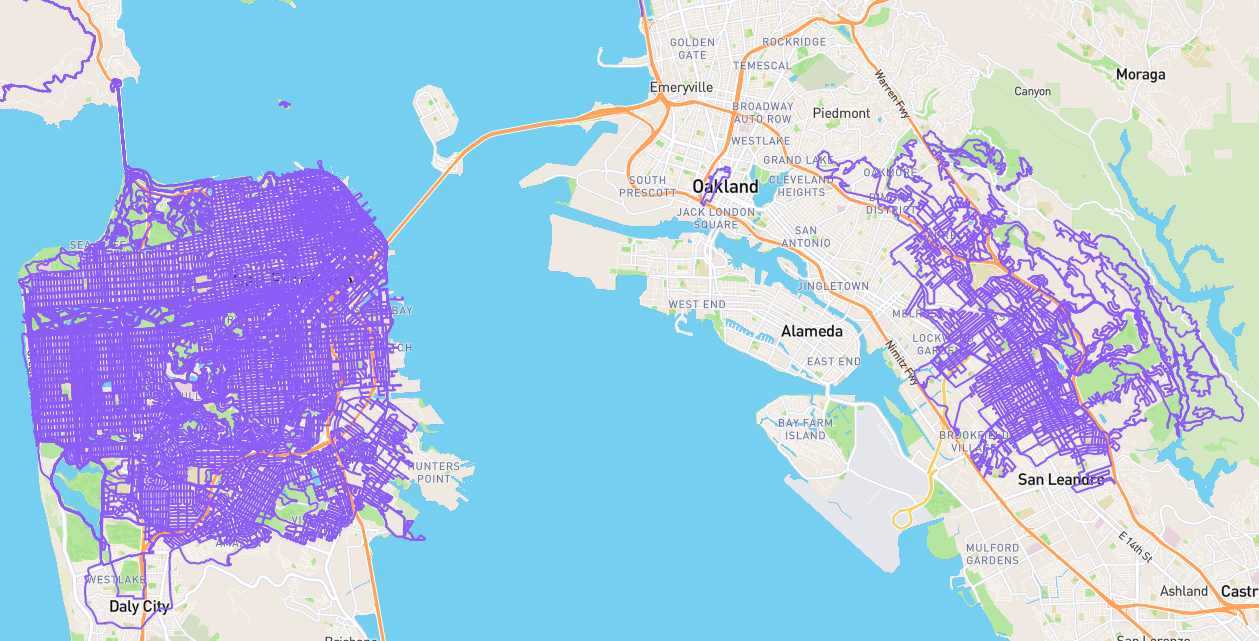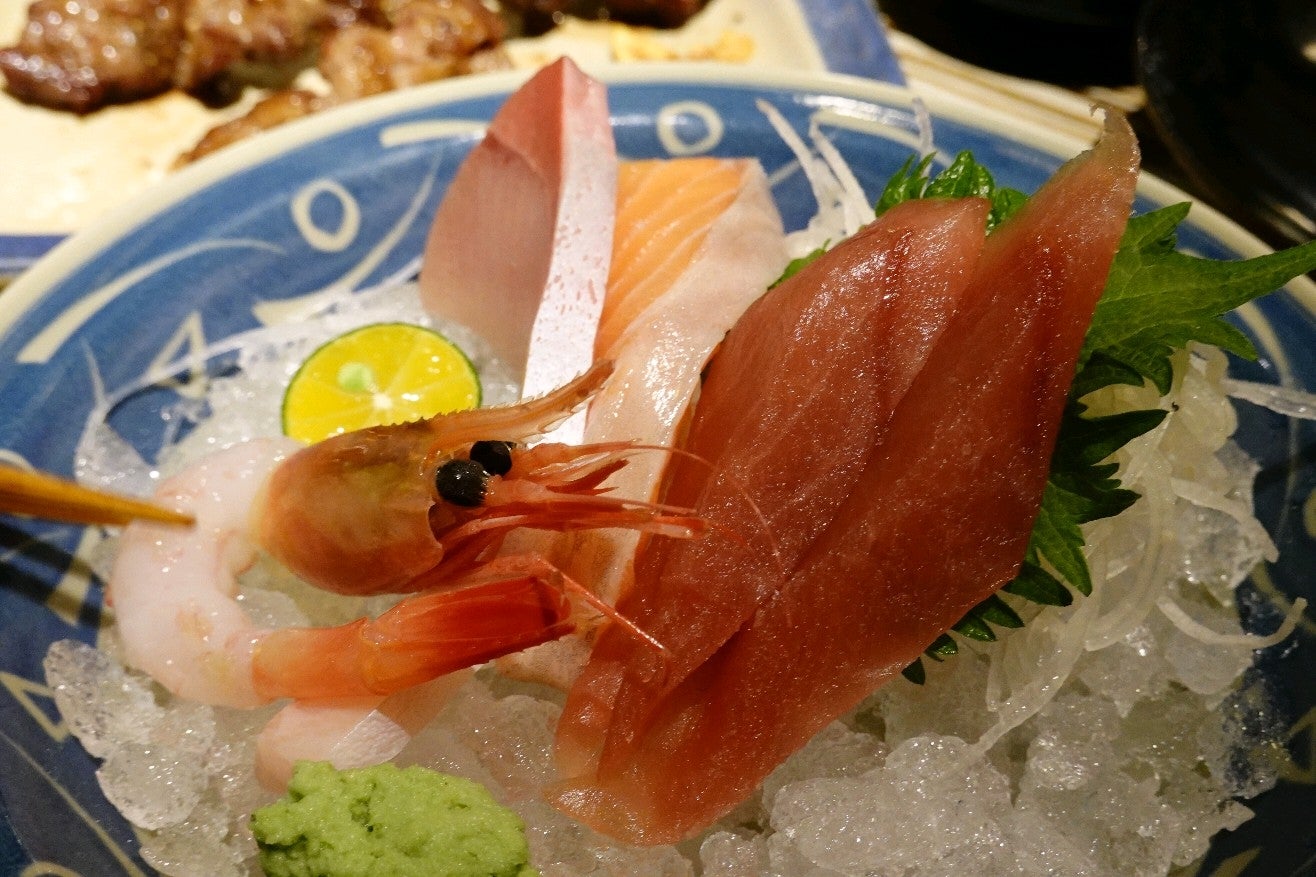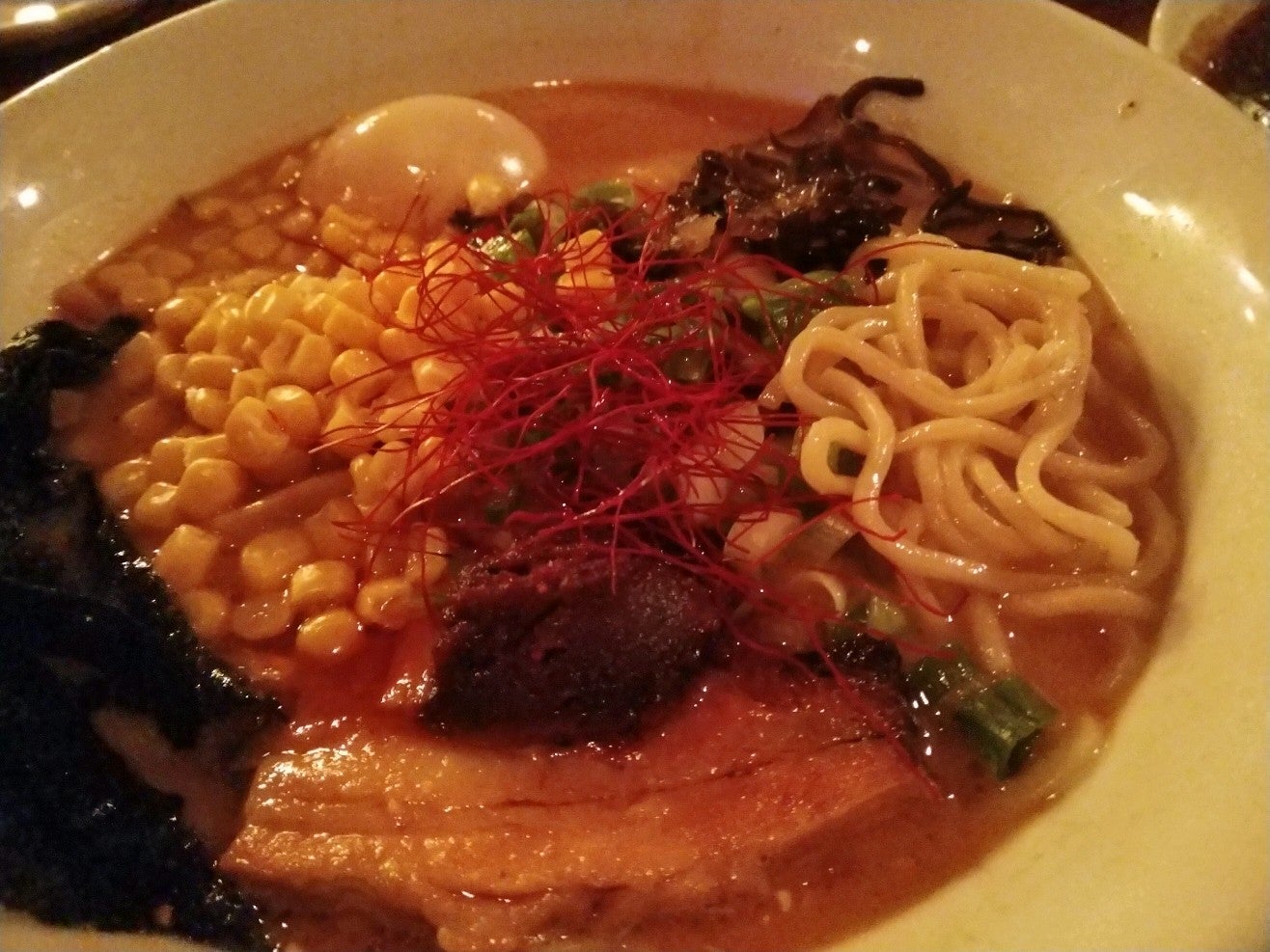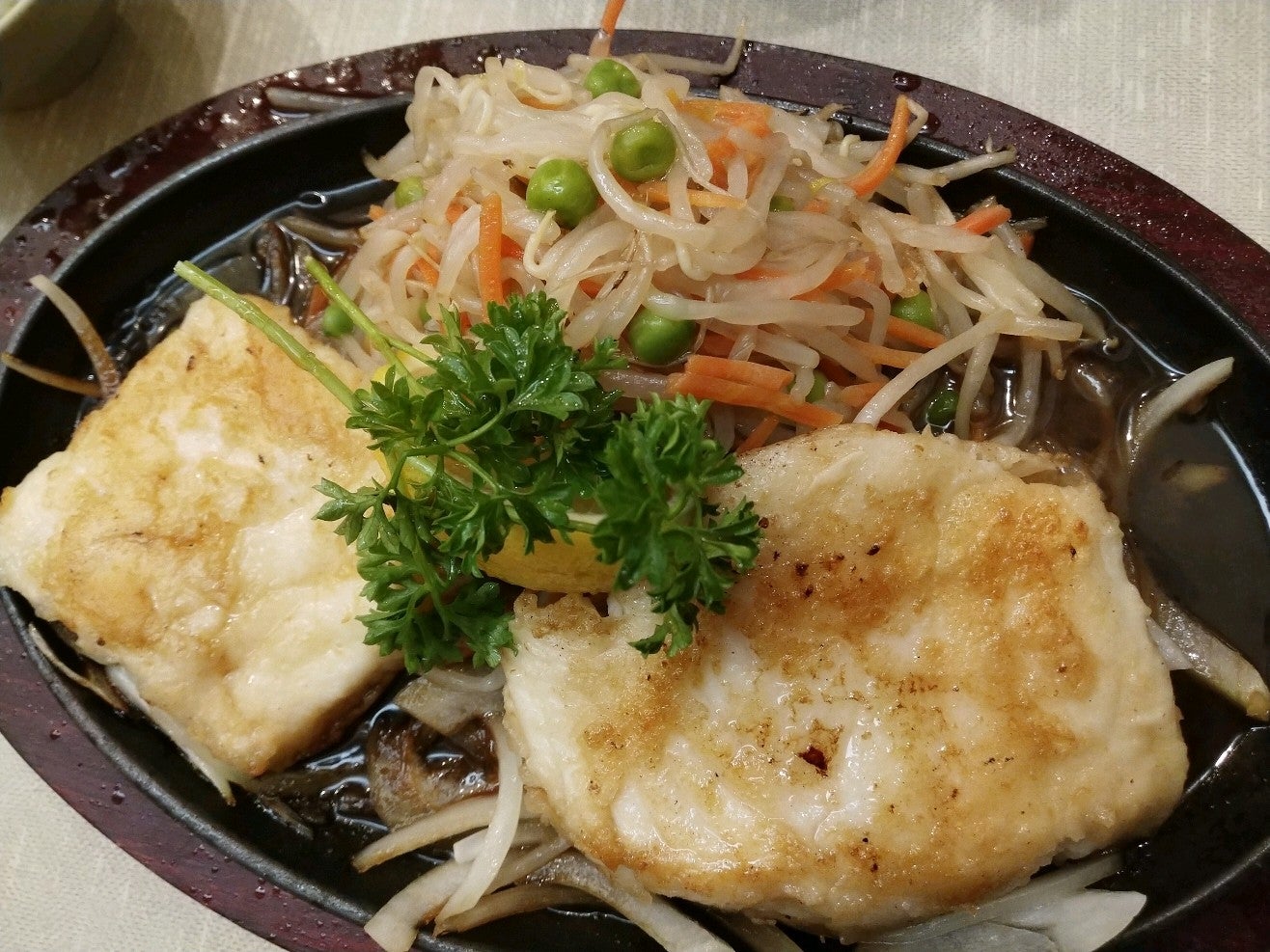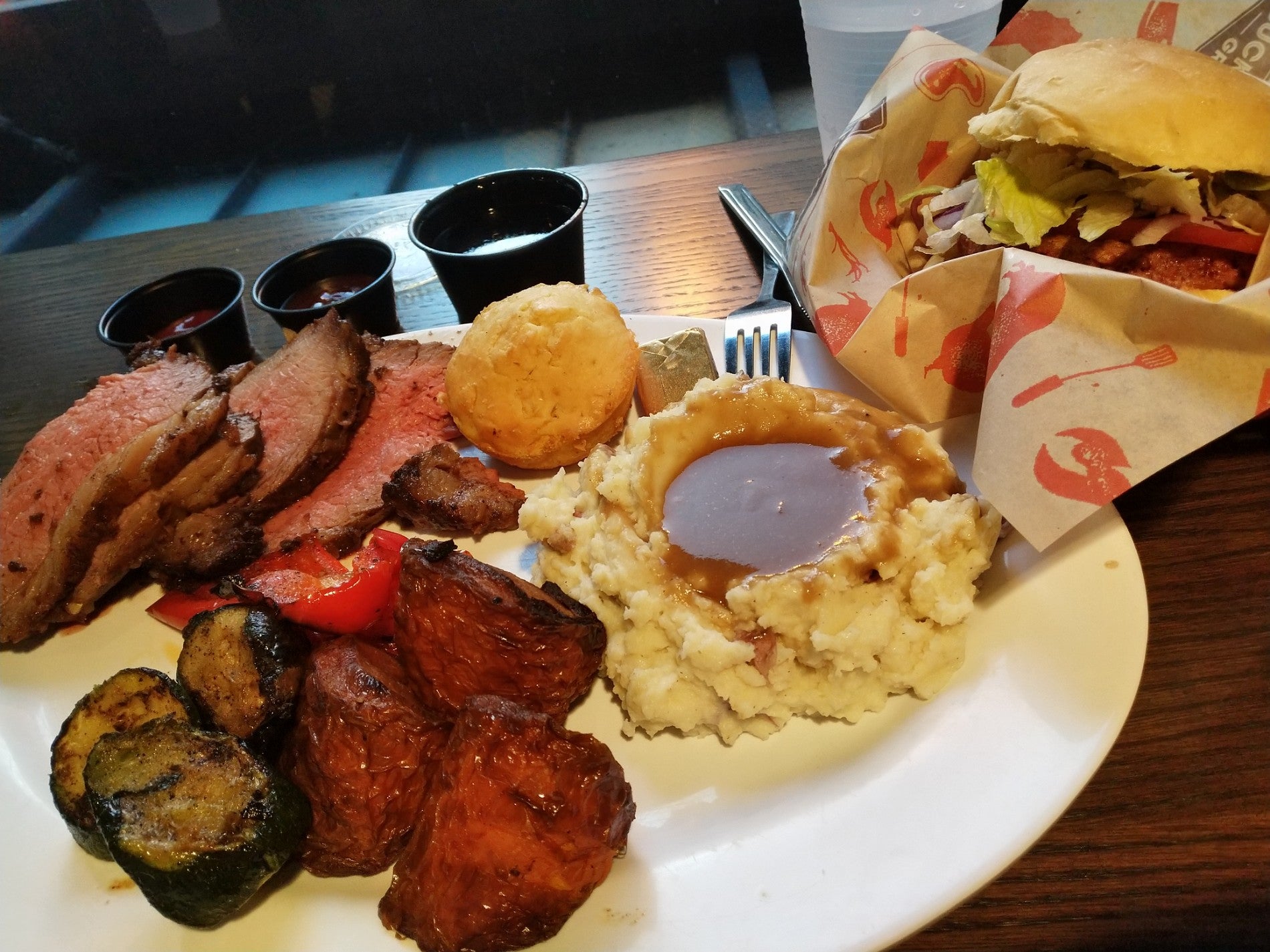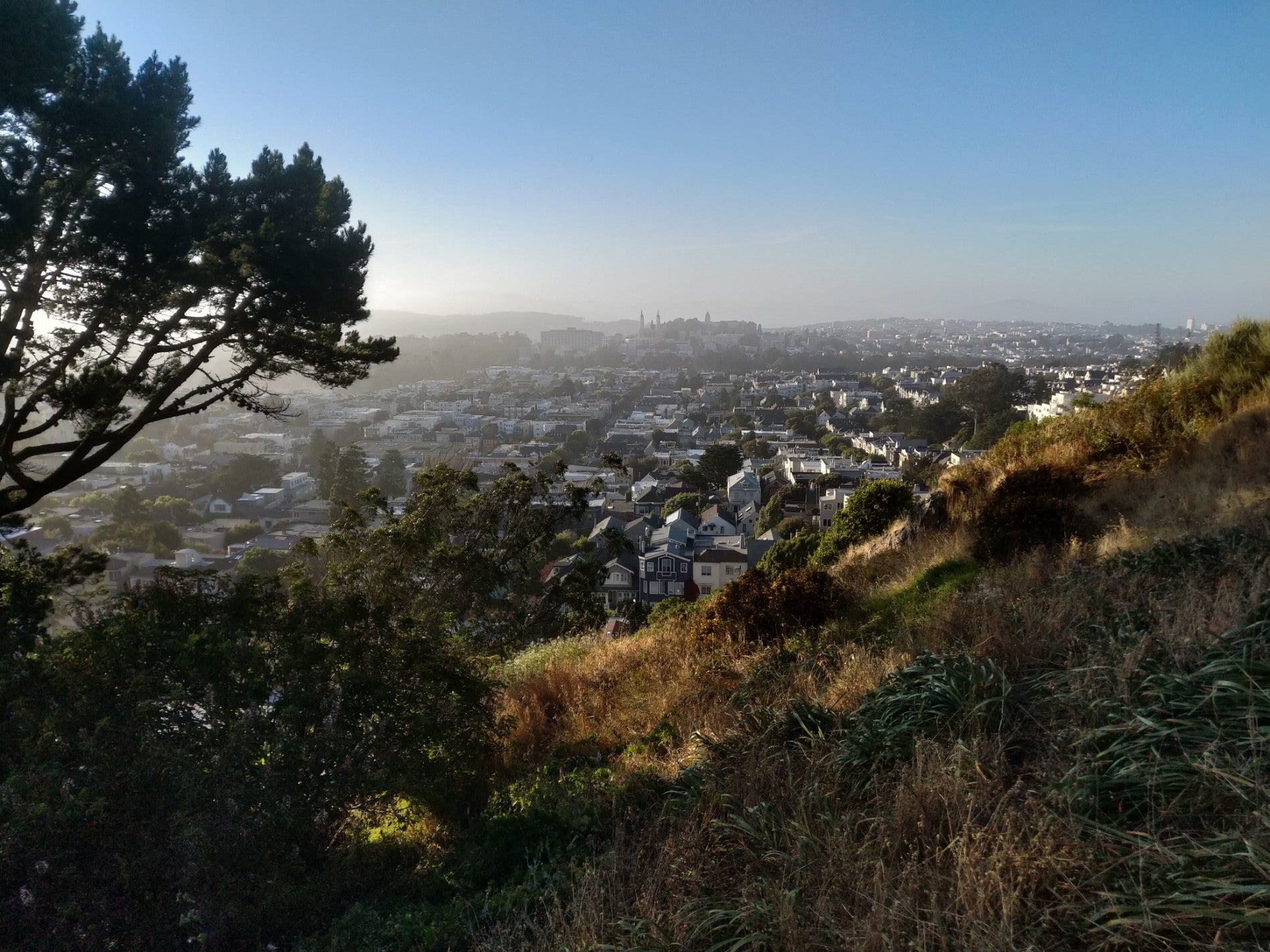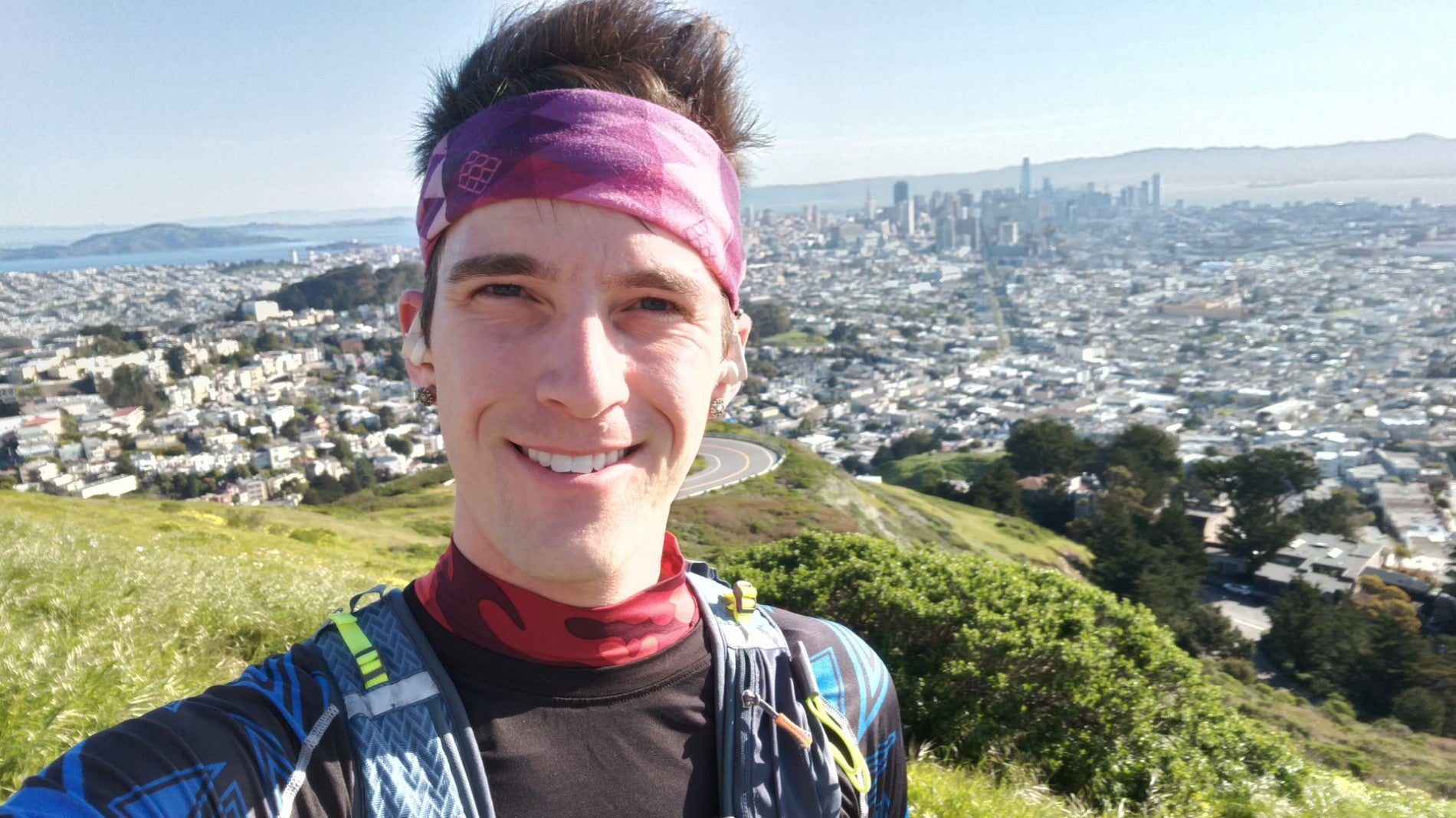Feeling animals, consciousness and life
More and more I’ve been thinking about life on this planet. In a strange way, it started with reading “The Untethered Soul” by Michael A. Singer. The book has done wonders to catalyze improving my outlook and thinking, which is a story for another time, but it also made me think about thinking and about what makes us us. In the deepest sense, we are not our bodies, nor are we our thoughts or emotions. Those things all somehow exist in front of us, and we can get involved with them or modulate them or ignore them as we please.
Domingo took this photo one time we went to explore Golden Gate Park. Seeing him up close made me miss my degus!
I’m not sure what consciousness is or from where it originates. Perhaps the prevailing theory is correct, and it is an emergent property of the interneuronal connections in our brains. But what if those neurons are just the hardware we use to access a bit of some universal consciousness via mysterious mechanics contained within the dark matter and dark energy physicists now think accounts for the majority of the universe?
In either case, it seems our consciousness is somehow tied to our neurons, which we have in common with almost all life on Earth. Even single celled organisms can use electrical signaling, perhaps the precursor to neurons in multicellular animals. All of life is a continuum in almost every sense, from the gradual modification of individual genes to individuals within a species to relationships between species to the time we are on this planet. All life on Earth is the product of coevolution over billions of years, and as a result we share almost all of our features with other animals, down to the functions of many parts of our brains.
For a thrilling and thought provoking read arguing genes, not individuals or species, drive evolution, see “The Selfish Gene” by Richard Dawkins. And for a closer look at the biochemistry involved, see “What is Life?: How Chemistry Becomes Biology” by Addy Pross.
In light of this obvious connectedness, it really seems quite silly we try to draw lines between us and others, especially when doing so conveniently justifies some action or inaction that would otherwise be immoral.
These thoughts have been swirling about and are still developing, but it seemed as good of a time as any to start articulating this after I happened to watch a TED talk by Carl Safina, who aims to adjust our selfish perspectives just a bit, and care about our fellow beings just a bit more. The video has a clear environmental message, which could cause some people to automatically turn off their empathy. But it seems to me we are rapidly approaching a time when the ideas he presents will be obviously true, like it’s obvious blacks and whites are all people.
Toward the end, Safina makes more concrete this continuum idea:
The things that make us human are not the things that we think make us human. What makes us human is that of all these things that our minds and their minds have, we are the most extreme. We are the most compassionate, most violent, most creative and most destructive animal that has ever been on this planet, and we are all of those things all jumbled up together.
He seems to point out we really do know the truth, or at least used to, but somehow have blinded ourselves.
We who have named ourselves after our brains never think about the consequences. When we welcome new human life into the world, we welcome our babies into the company of other creatures. We paint animals on the wall. We don’t paint cell phones, we don’t paint work cubicles. We paint animals, to show them we are not alone. We have company.
After many examples of animals demonstrating their humanity and our blind arrogance, Safina wraps up by revisiting his original question, “Do animals love us?” Of course that is the question we would ask.
[youtube y9KeyKVuLHU]
I’ve dabbled in consuming less meat, which seems the most direct route to reduce a lot of cruelty in this world, but I’ve never been very serious about it. It feels like a drop in the bucket problem. But I do also know we are close to a solution that might let people keep consuming meat while also not killing animals. Another TED talk from a couple of years ago featured Andras Forgacs, who with his father started a company to 3D print human tissues.
As he explains, this idea earned accusations of being crazy. When people suggested also printing animal products, like meat and leather, Forgacs says he thought they were crazy. But then he had a realization.
[youtube 7gXq1ml6B1E]
It is interesting how obvious truth can shift to the opposite view once we gain enough perspective. This advancement is what life is all about. Perhaps individuals were not conscious billions of years ago when there was nothing more than simple chemical replicators. But somewhere on that continuum, consciousness arose, and for all we know, it might have collectively existed from the start just as some ants colonies comprise the whole organism. Whatever the source, the history of the universe seems like crazy and chaotic story of evolving consciousness. Subtle at the start, it has been gaining momentum ever since. Now life has achieved the possibility of even faster evolution not through chemistry, but through societies and now our technology. Some day our technology itself might take the reins.
This progression toward higher states is now largely in our control, which is why we need to keep pushing the envelope and learning as much as we can, and hopefully become good stewards of life in the process. For all our faults, we undoubtedly have great potential to improve life, for all beings. Figuring out how best to walk this path is where my thoughts now dwell. I just hope I have enough perspective to walk responsibly.

